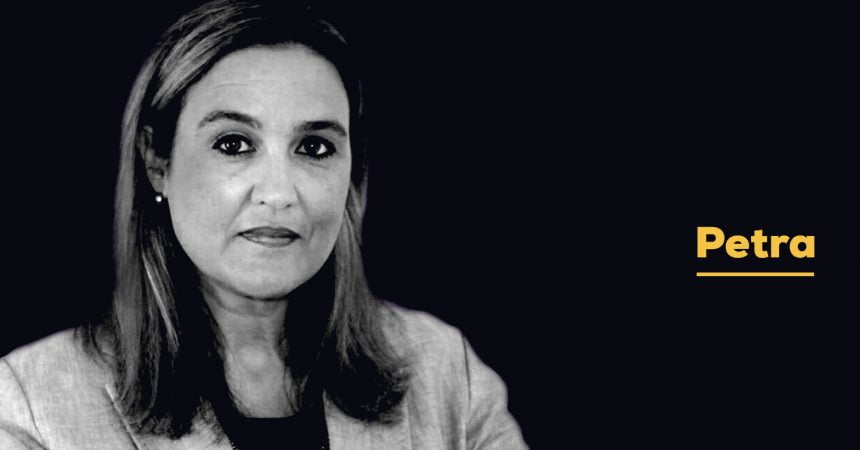Malta’s six members of the European Parliament are perfectly gender balanced, three men and three women. The percentage of women in the Maltese parliament, however, is miserably inadequate. They do a tough job in what is a completely male-dominated field.
Our women MPs have achieved a lot, but many milestones still lie ahead. Having reached parliament, or even cabinet, they tend to be channeled towards particular areas, such as gender equality, the elderly, education or social welfare. Not that these are unimportant or don’t come with great responsibility, but so far there has been no female minister of finance or justice, for example.
Something tangible must be done for the number of women MPs to increase any time soon. The government’s initiative to issue a consultation document on reforming parliament for better gender balance, is therefore welcome.
The reasons why less women than men pursue political careers are complex. On paper, women have equal opportunities, but in truth Maltese political parties do not present equal numbers of women candidates in national elections. In many other countries, parties and governments have addressed this through some form of quota in Party candidate lists.
Our own government is proposing to go further, by allocating an additional number of 12 seats in parliament to women. This measure is riddled with potential holes, and goes a step too far. Rather than empowering women, it risks creating a scenario where women are taken even less seriously than they are already.
Women who stick their necks out in Malta and challenge authority, are often harassed and vilified with sexist remarks and images, intended to humiliate them. Social media is the usual battleground. Both men and women join the attack. It is a cultural mindset.
A gender quota in parliament will not change this mindset. One of our women MPs, Rosianne Cutajar, has experienced being called names. She must know what it feels like not to be taken seriously. Just imagine if she had got into parliament on the back of a legal quota.
Cutajar’s first reaction, some time ago, was to disagree with such a quota. In the meantime she seems to have been shepherded into accepting it. MEP Miriam Dalli also opposed a parliamentary quota at first, but was talked into it too. Perhaps they should trust their instincts on this one.
A gender quota in parliament will give instantaneous results. It is a great quick-fix solution. Suddenly, from one day to the next, the number of women MPs in Malta will shoot up and may even top the world league tables. But this will not change the reality for women who speak out in public in this country, taking strong or controversial stands.
When the activist group led by women, Occupy Justice, camped outside Castille in 2017, they were likened to prostitutes by a senior government representative, Tony Zarb. Others depicted them as bored housewives. Another senior government appointee called a female activist a ‘sorry bitch’ on social media. True, he later apologised but the mindset is telling.
The blog of another government insider, Glenn Bedingfield, today an MP, consistently denigrated women. Their looks were insulted. ‘Witch’ was a favourite term. Women were ‘handmaidens’ on committees, serving the men.
Seeing this kind of misogynistic mindset accepted as run-of-the-mill by the government, without any come-back on their trusted advisors using such language, suggests that reserved parliamentary seats for women are just a veneer, ticking the boxes but blind to the root of the problem.
Parliamentary quotas reserving seats for women have been implemented in some East African and Middle Eastern countries. But has the status of women improved in those countries as a direct result? And what kind of real power is associated with reserved seats? Uganda has 30% women MPs due to reserved seats, yet a recent study shows that the authority and influence of women in such seats is less than that of their colleagues.
We do need action to increase female participation in politics at all levels. Besides parliament, this means local councils and everywhere else. It must start bottom-up, from the grass roots, by engaging with women and young people at all levels of society. Political parties should actively promote women in their Party lists, possibly through quotas, and give women candidates good visibility and encouragement. Training should be available to all hopefuls, both women and men. Parliamentary work should aim for family-friendly hours.
Giving women a voice is not only about numbers, but about pushing for a society and a political system which genuinely accepts both men and women participating in public life on equal footing. Quotas in parliament are not really equal footing. Women don’t need a pedestal but a deep change in the mindset which keeps them back in the first place.
petracdingli@gmail.com












